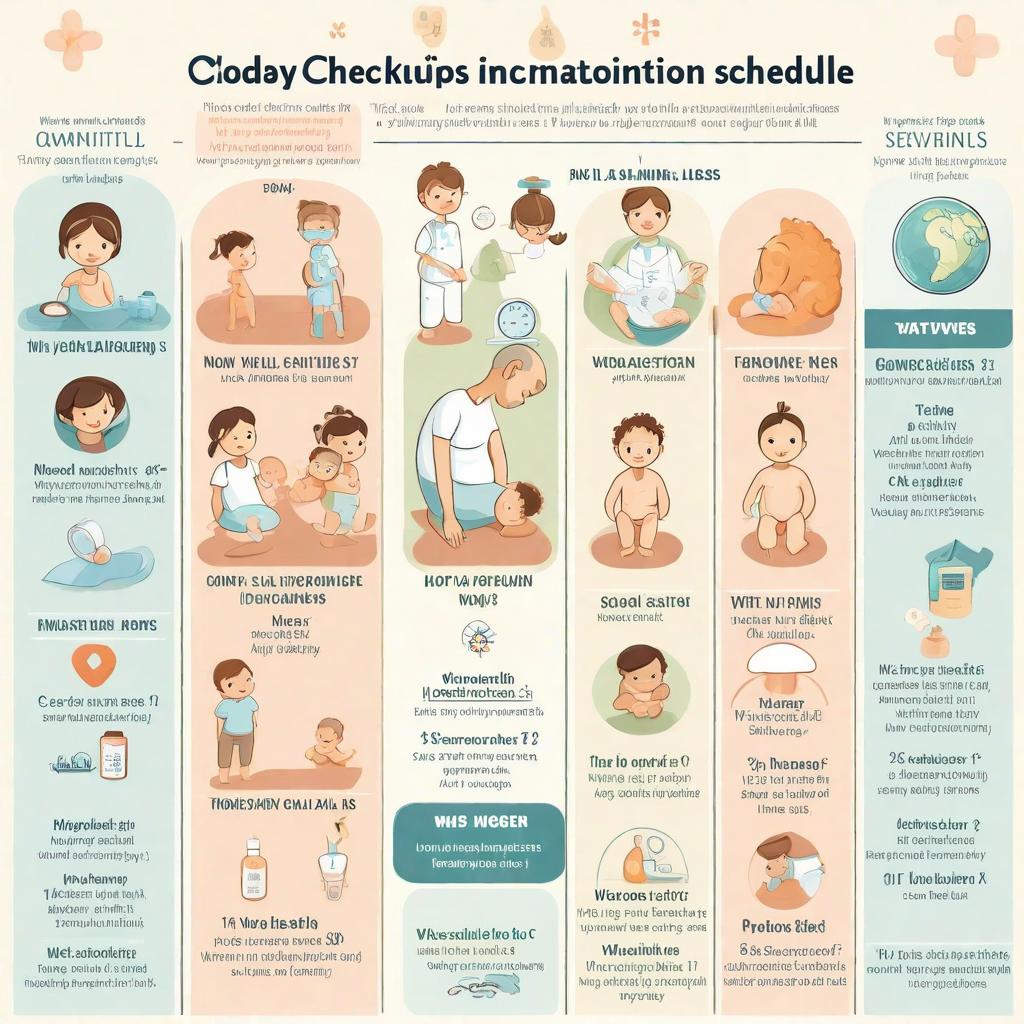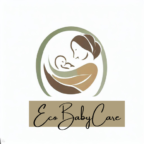The Ultimate Guide to Newborn Care: A Comprehensive for New Parent
Introduction to new born babycare
Having a newborn baby is an incredible experience filled with joy, love, and a whole lot of responsibility. As a new parent, it’s important to understand the basics of newborn care to ensure your little one’s health and well-being. In this comprehensive guide, we will delve into essential tips and practices for nurturing your newborn. From preparing for their arrival to promoting their emotional well-being and addressing common challenges, we’ve got you covered.
 |
Newborn Development
Before we jump into the practical aspects of caring for a newborn, let’s take a moment to understand their development. Newborns go through rapid growth and changes in the first few months of their lives. From physical milestones like gaining weight and growing taller to cognitive development and emotional bonding, the early stages of a baby’s life are crucial for their overall well-being.
Preparing for Your Newborn’s Arrival
Preparing for your baby’s arrival is an exciting time, but it can also feel overwhelming. Here are a few things to keep in mind as you prepare for your bundle of joy:
* Creating a comfortable and safe nursery: Setting up a cozy and childproofed nursery will ensure a nurturing environment for your newborn.
* Stocking up on baby essentials: From diapers and wipes to onesies and blankets, make sure you have all the necessary baby items before your little one arrives.
* Researching and choosing a healthcare provider: Finding a trusted healthcare provider for your newborn is essential. Start your search early and ask for recommendations from friends or family.
* Learning about newborn care: Educate yourself about the basics of newborn care, including feeding, sleep patterns, and hygiene practices.
 |
Creating a Safe and Nurturing Environment
Your baby’s safety is of utmost importance. Here are some key tips to ensure their environment is safe and nurturing:
* Creating a safe sleep environment: Follow safe sleep guidelines to reduce the risk of Sudden Infant Death Syndrome (SIDS). Place your baby on their back to sleep in a crib or bassinet with a firm mattress and no loose bedding or pillows.
* Baby-proofing your home: As your baby grows and starts exploring, it’s important to baby-proof your home to prevent accidents and injuries. Install safety gates, secure cabinets and drawers, and cover electrical outlets.
* Maintaining a clean and hygienic space: Regularly clean your baby’s nursery, toys, and accessories to keep them free from germs. Use baby-friendly cleaning products and wash your hands before handling your little one.
 |
Nurturing Your Newborn’s Health
Feeding and Nutrition Essentials
Proper nutrition is vital for your baby’s growth and development. Whether you choose to breastfeed or formula feed, here are some essential tips:
* Breastfeeding 101: Breast milk provides the ideal nutrition for newborns. Learn proper breastfeeding techniques and seek support from lactation consultants or support groups if needed.
* Formula feeding: If you opt for formula feeding, consult with your healthcare provider to choose the right formula for your baby and follow proper mixing and sterilization instructions.
* Bottle feeding tips: Whether you’re breastfeeding or formula feeding, positioning your baby properly during feeding, burping them at regular intervals, and watching for signs of discomfort or feeding issues are all important aspects of newborn care.
Establishing Healthy Sleep Patterns
Sleep is crucial for your newborn’s growth and well-being. Establishing a calming bedtime routine can help your baby relax and sleep better. Here are some tips:
* Creating a soothing environment: Dim the lights, play soft lullabies, and cuddle your baby before bedtime to help them wind down.
* Safe sleep guidelines: Follow safe sleep guidelines to reduce the risk of SIDS. Avoid placing pillows, blankets, or stuffed animals in the crib, and ensure the room is at a comfortable temperature.
* Common sleep challenges: Colic, night wakings, and sleep regression are common sleep challenges for newborns. Patience and consistency in your approach to handling these challenges can help your baby develop healthy sleep patterns.
 |
Promoting Optimal Hygiene and Bathing
Keeping your baby clean and maintaining good hygiene is an important part of newborn care. Here are some tips:
* Proper techniques for diapering: Learn how to change diapers properly to prevent diaper rash and keep your baby clean and comfortable. Use gentle, fragrance-free wipes and apply diaper cream as needed.
* Bathing basics: Determine the appropriate frequency of baths for your baby, considering their individual needs and skin sensitivity. Use lukewarm water and a mild, baby-friendly cleanser for gentle cleansing.
* Skin care tips: Keep your baby’s skin moisturized by using a baby-friendly moisturizer or lotion. Be mindful of any allergies or sensitivities your baby may have, and consult with your healthcare provider if you have concerns.
Ensuring Baby’s Emotional Well-being
Understanding Baby’s Cues and Developing Bonding
Understanding your baby’s cues and building a strong bond with them is essential for their emotional well-being. Here’s how you can do it:
* Interpreting non-verbal communication: Your baby communicates through crying, body language, and facial expressions. Pay attention to their cues to understand their needs and provide comfort.
* Promoting bonding: Skin-to-skin contact, eye contact, and positive interactions are all ways to build a strong bond with your baby. Spending quality time together and responding to their needs promptly will help nurture a secure attachment between you and your little one.
* The importance of early parent-infant attachment: Research shows that early parent-infant attachment has lifelong impacts on a child’s emotional and social development. Fostering a secure attachment will lay a strong foundation for their well-being.
 |
Stimulating Baby’s Development
Your baby’s brain is rapidly developing, and providing them with stimulating activities can enhance their cognitive and motor skills. Here are some ways to promote their development:
* Engaging activities for cognitive development: Play games that involve simple interactions, such as peek-a-boo or reading colorful books, to stimulate your baby’s thinking and perception skills.
* Encouraging gross and fine motor skills: Tummy time, reaching for objects, and grasping toys are all essential for developing your baby’s motor skills. Provide a safe and stimulating environment for them to explore and practice these skills.
* Enhancing sensory stimulation: Expose your baby to different colors, textures, and sounds through age-appropriate toys and music. Sensory stimulation helps their brain make important connections and lays the groundwork for future learning.
Dealing with Common Emotional Challenges
Caring for a newborn can come with its fair share of emotional challenges. Here are some common challenges and tips on how to manage them:
* Recognizing and managing separation anxiety: As your baby grows, they may experience separation anxiety when you’re not around. Ease their anxiety by maintaining consistency, reassuring them, and letting them feel secure in their environment.
* Coping with postpartum depression and the baby blues: It’s common for parents, especially mothers, to experience postpartum depression or the baby blues. Reach out for support from your partner, family, friends, or healthcare professionals if you’re feeling overwhelmed or experiencing mood changes.
* Seeking support: Joining parenting groups, attending support groups, and engaging with professionals can provide you with the guidance and assistance you need as a new parent. Don’t hesitate to reach out for help when you need it.
Essential Healthcare Tips for Newborns
Scheduling Well-Baby Checkups and Vaccinations
Regular well-baby checkups and vaccinations are essential for protecting your baby’s health. Here’s what you need to know:
* Importance of regular checkups: Regular checkups allow your healthcare provider to monitor your baby’s growth, development, and overall health. Make sure to follow the recommended schedule provided by your healthcare provider.
* Recognizing signs of illness or infection: Learning to recognize signs of illness or infection in your baby is important. Watch for symptoms such as fever, loss of appetite, changes in behavior, and unusual rashes, and seek medical attention if you have concerns.
* Addressing navigational challenges at the pediatrician’s office: Navigating your baby’s visits to the pediatrician can sometimes be overwhelming. Prepare a list of questions or concerns beforehand, keep track of your baby’s medical history, and communicate openly with your healthcare provider.
Promoting a Strong Immune System
A strong immune system is crucial for your baby’s health. Here’s how you can promote a strong immune system:
* Building immunity through proper nutrition and breastfeeding: Breast milk contains antibodies that help strengthen your baby’s immune system. Proper nutrition, including a balanced diet for breastfeeding mothers and later introducing a variety of nutritious foods, is also important.
 |
* Safe practices to prevent illness: Hand hygiene, such as washing your hands regularly and keeping your baby’s hands clean, can help prevent the spread of germs. Limiting your baby’s exposure to sick individuals and crowded places can also reduce the risk of infections.
* Managing common infant health issues: Colds, rashes, and fever are common health issues that infants may experience. Consult with your healthcare provider for guidance on managing these issues and when to seek medical attention.
Safety Guidelines for New Parents
As a new parent, keeping your baby safe is a top priority. Here are some safety guidelines to follow:
* Baby-proofing your home: Go room-by-room and conduct a safety checklist to identify potential hazards. Secure furniture, cover electrical outlets, install safety gates, and keep harmful substances out of reach.
* Preventing accidents: Ensuring your baby’s car seat is properly installed and used correctly is essential for their safety during car rides. Follow safe sleeping practices to reduce the risk of suffocation or injury in the crib.
* Recognizing emergency situations: Learning basic CPR and first aid for infants can empower you to respond effectively in emergency situations. Take a CPR course designed specifically for infants and young children to gain the necessary skills and knowledge.
Summary and FAQs
Throughout this comprehensive guide, we have covered various aspects of newborn care. From understanding your baby’s development to establishing healthy sleep patterns, promoting emotional well-being, and ensuring their healthcare needs are met, you now have the knowledge to provide the best care for your newborn.
**FAQs**:
1. How often should I feed my newborn baby?
* Newborns typically need to be fed every 2-3 hours, or whenever they show signs of hunger. It’s important to follow your baby’s cues and feed on demand.
2. What are essential items to have before bringing the baby home?
* Essential items include diapers, wipes, clothing, blankets, bottles (if formula feeding), a car seat, a crib or bassinet, and baby-friendly toiletries.
3. How can I soothe a crying newborn?
* Crying is a baby’s way of communicating their needs. Trying various soothing techniques, such as rocking, swaddling, or gentle music, can help calm a crying newborn. Pay attention to their cues and respond with love and care.
By following this comprehensive guide, new parents will gain a thorough understanding of newborn care essentials, ensuring a positive and healthy start for their little ones. Remember, every baby is unique, so trust your instincts and seek support when needed. Enjoy the journey of parenthood and cherish these precious moments with your newborn.
